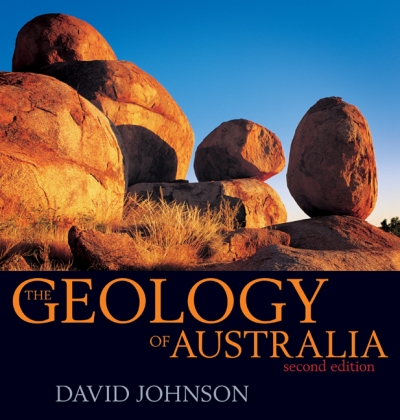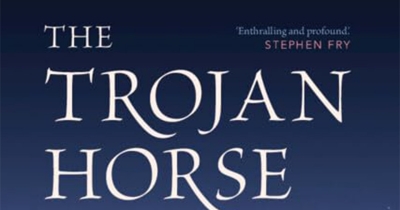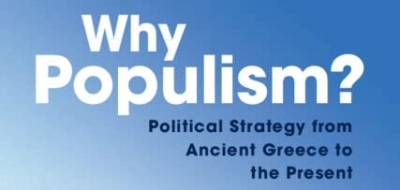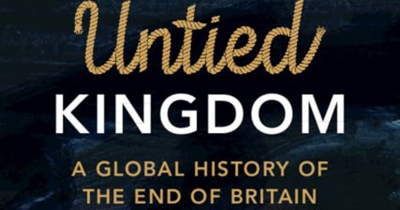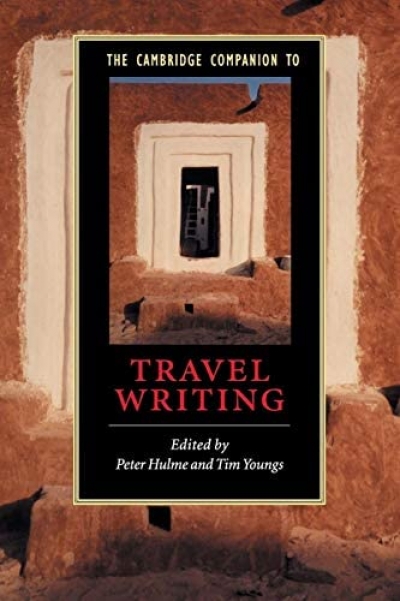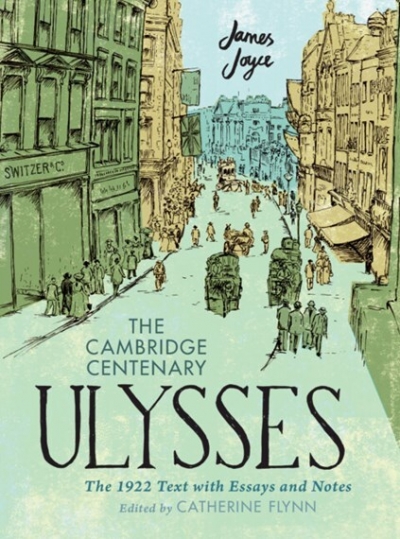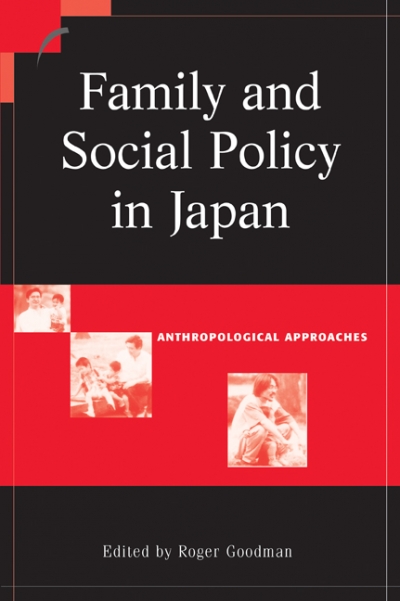Accessibility Tools
- Content scaling 100%
- Font size 100%
- Line height 100%
- Letter spacing 100%
Cambridge University Press
The ABR Podcast
Released every Thursday, the ABR podcast features our finest reviews, poetry, fiction, interviews, and commentary.
Subscribe via iTunes, Stitcher, Google, or Spotify, or search for ‘The ABR Podcast’ on your favourite podcast app.
The red thread: Xi Jinping’s ideology of power
by Neil Thomas
This week on The ABR Podcast, Neil Thomas reviews On Xi Jinping: How Xi’s Marxist Nationalism is shaping China and the world by Kevin Rudd. Thomas explains that even China watchers find it hard to be clear on the thoughts and plans of the leader of the Chinese Communist Party. They disagree, he tells us, on basic, critical questions, such as for how long Xi will rule. ‘Enter Kevin Rudd’, Thomas writes. ‘In his latest book, former prime minister Kevin Rudd adds a worthy new chapter to his life of public service, digesting thousands of pages of “Xi Jinping Thought” so that you do not have to’. Neil Thomas is a Fellow on Chinese Politics at Asia Society Policy Institute’s Center for China Analysis in Washington DC. Here is Neil Thomas with 'The red thread: Xi Jinping's ideology of power' by Neil Thomas, published in the December issue of ABR.
Recent episodes:
The Trojan Horse and Other Stories: Ten ancient creatures that make us human by Julia Kindt
Why Populism?: Political strategy from Ancient Greece to the present by Paul D. Kenny
Untied Kingdom: A global history of the end of Britain by Stuart Ward
The Humanitarians: Child war refugees and Australian humanitarianism in a transnational world, 1919–1975 by Joy Damousi
More than thirty years after the last helicopters left the roof of the American embassy in Saigon, the flow of new books on the Vietnam war shows no sign of abating. Among them are some intended for a limited, scholarly market, some for a wider general readership; some for Americans, some for Australians. These three books exemplify some of the trends in both the substance and the style of Vietnam war histories, and illustrate both the virtues and the faults of differing approaches to the most controversial conflict of the twentieth century.
... (read more)In this week’s ABR podcast, listen to Ronan McDonald discuss one hundred years of James Joyce’s Ulysses, among the most famous books of the twentieth century.
... (read more)

